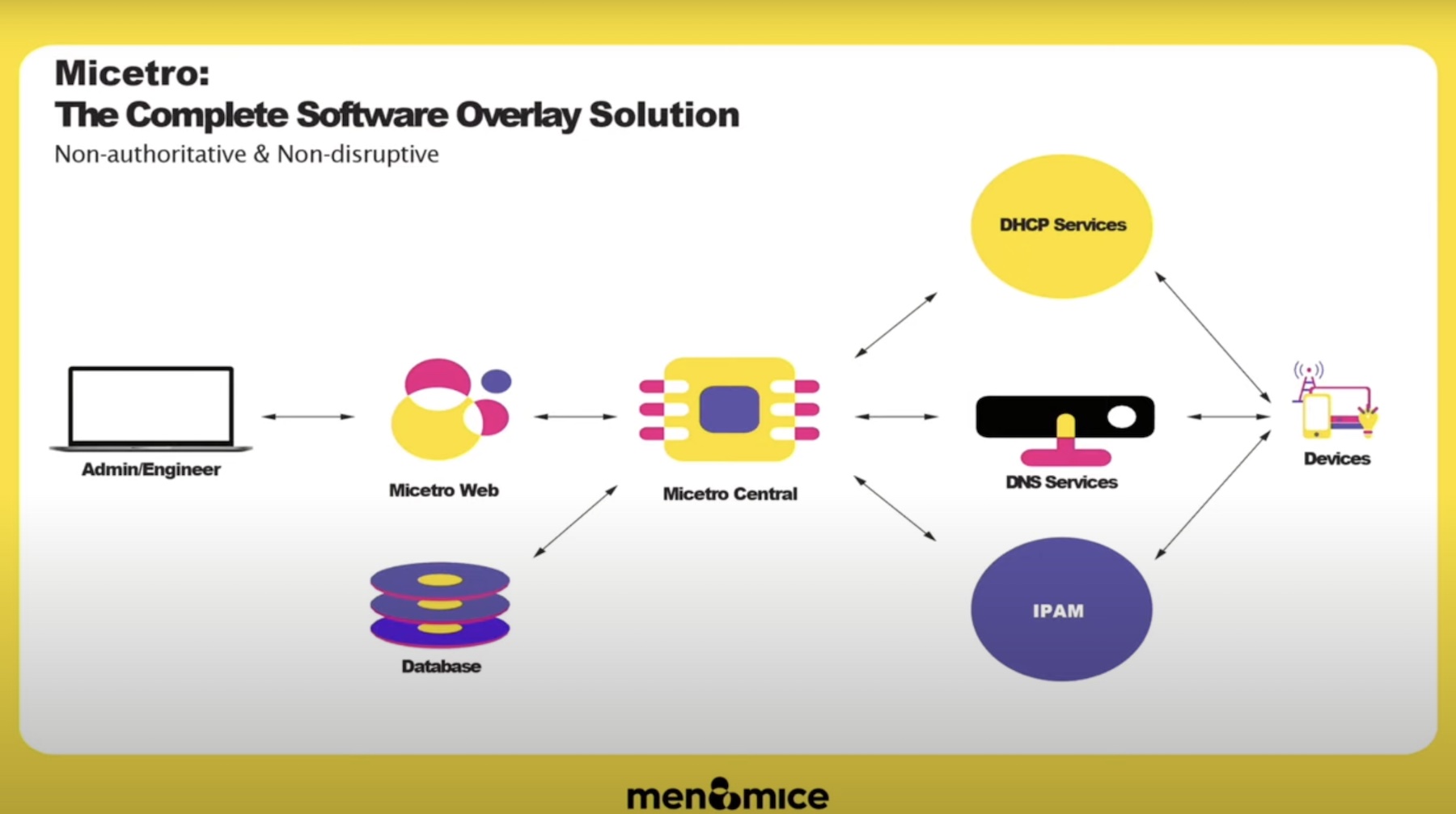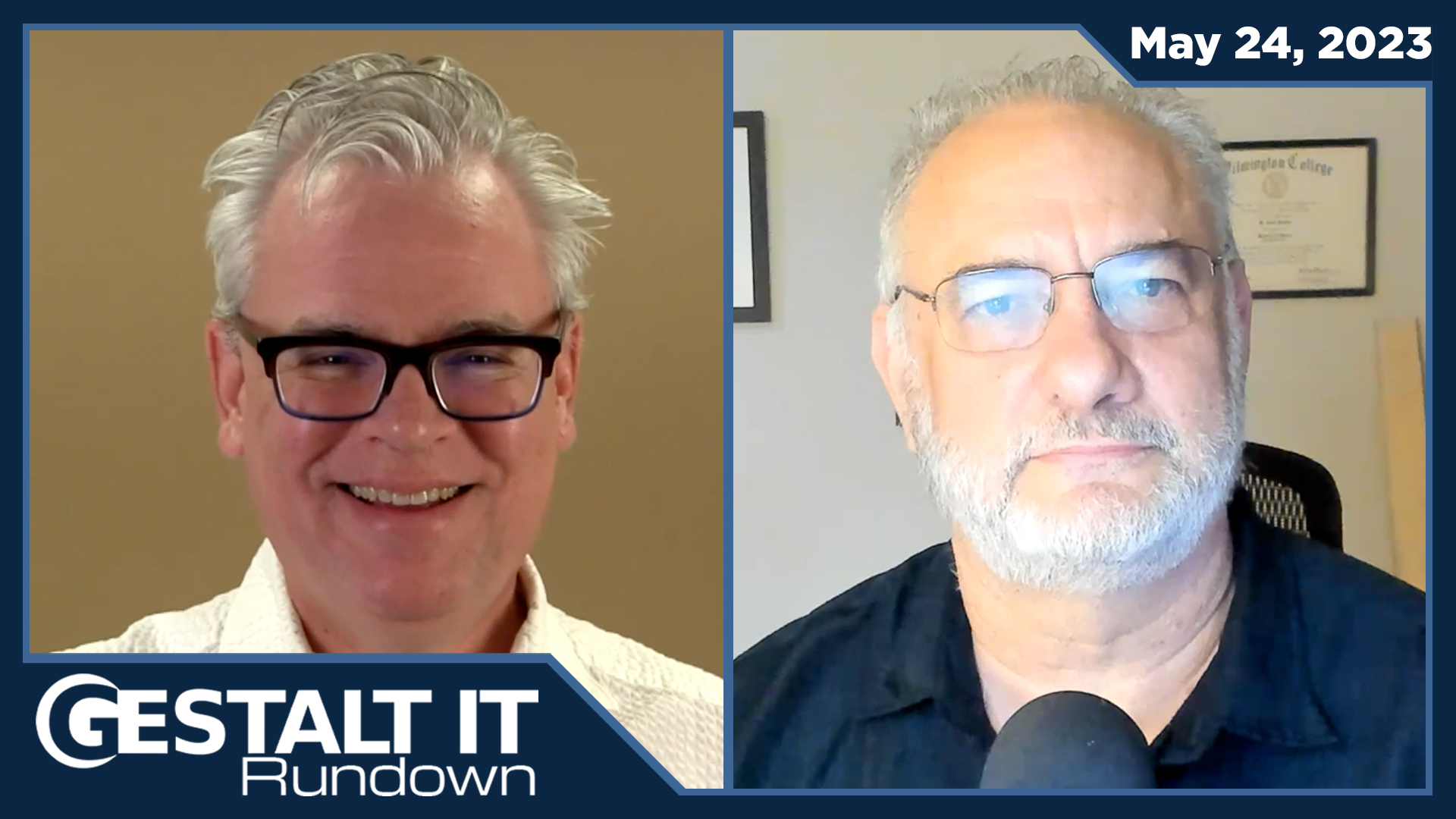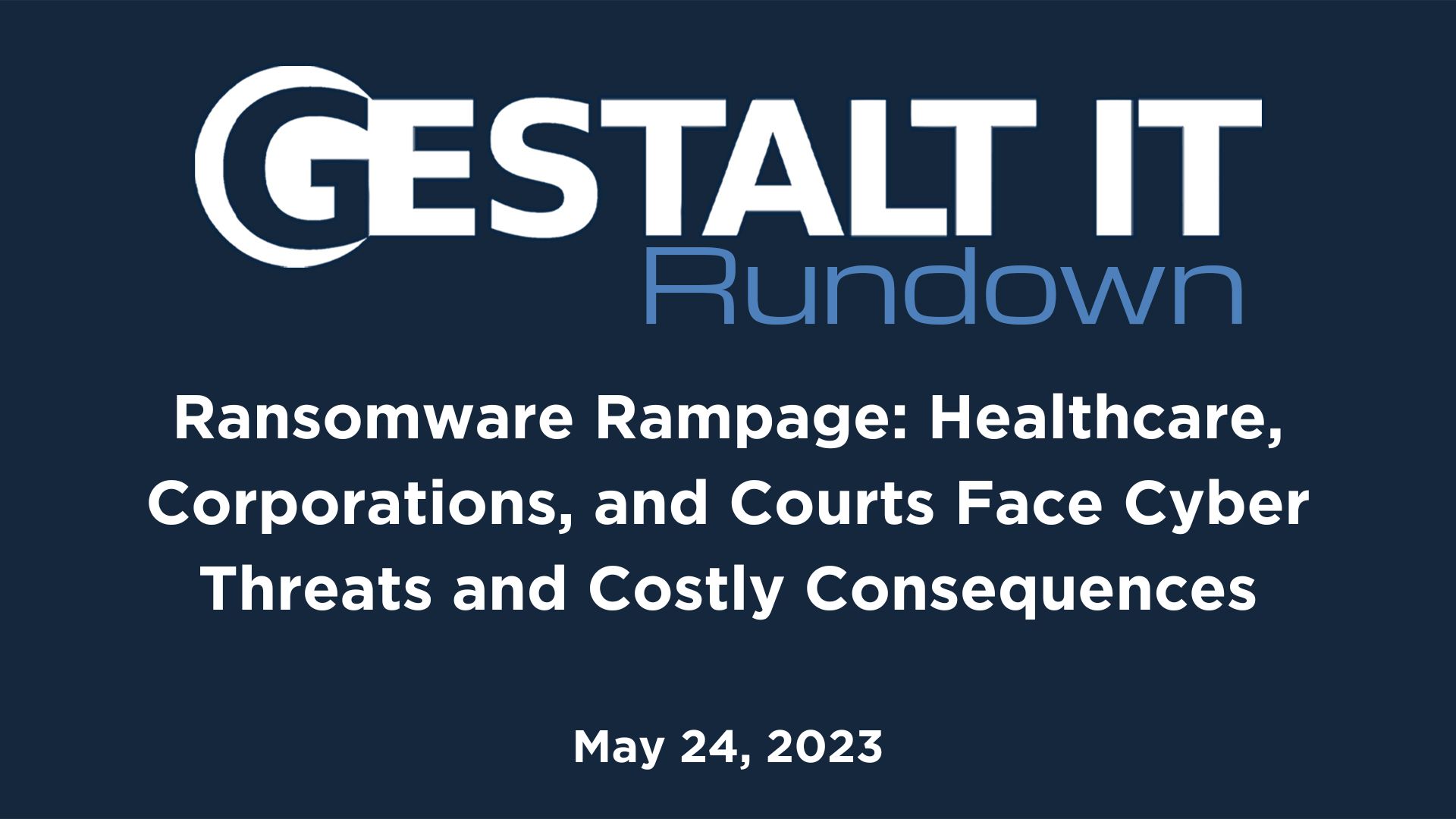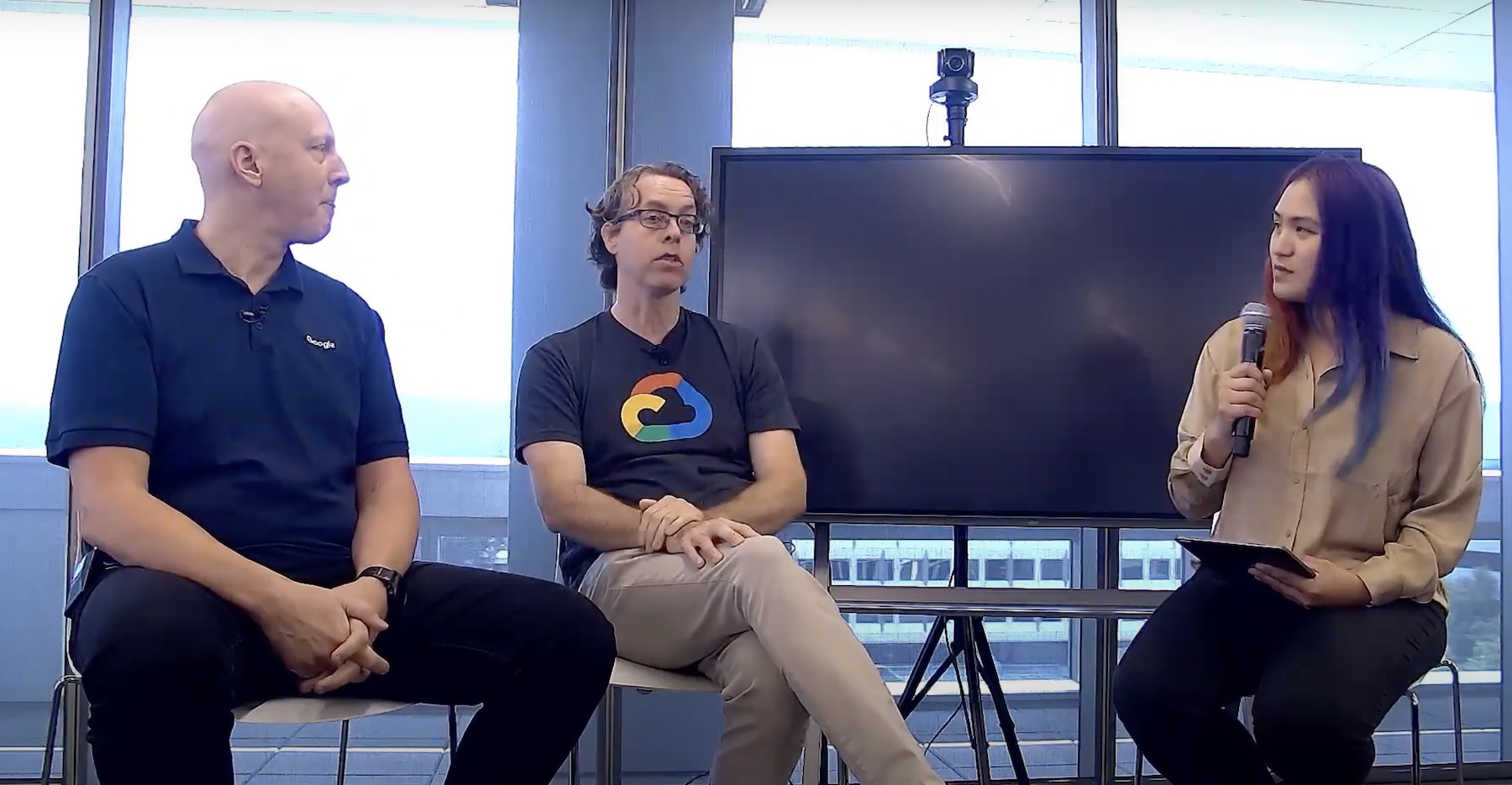The title of this article is an interesting question and I was recently asked this by BlueCat, a provider of DDI solutions to the enterprise. DDI is an amalgamation of services that are crucial to today’s “digital business,” namely DNS, DHCP, and IP address management. Why are they crucial? Think about the needs of the digital business. We need to be able to communicate and communication is wholly reliant on those three services. However, none of these services are new. They are all part of the very foundation of IT communications, which means they are well understood, robust, and always available. Or are they?

Unfortunately, the issue with these services is they have not evolved. While they are crucial to the operations of any business and their deployment today, resilience, management, and security have not evolved.
How do we deal with them? We can’t shrug our shoulders and claim “that’s just the way it is.” These services are critical to the digital enterprise and are only going to become more so as they sit at the heart of enabling our increasingly multi and hybrid cloud world. That is why the question caught my attention, so when a service is so crucial to your business, is a Do-It-yourself (DIY) approach appropriate? This has been a constant debate throughout my 25-year IT career.
Ultimately the techie in us just wants the satisfaction of solving a problem and sometimes the answer really is a custom in-house solution because there is nothing on the market that meets your needs.
But this comes with problems. From a business point of view, the “homebrew” approach can seem very attractive, both technically and commercially. However, you must tread carefully and ask yourself some questions:
- Who is going to support this new system? It is alright while Joe or Joanne on the dev team remains a happy employee maintaining this setup. What happens when they go onto pastures new?
- What about continued development? A helpful techie developing a solution in their spare time seems great, but if you are not prepared to foot the ongoing internal development costs, what is next for your application?
- What about security? With something like DDI at the forefront of security and resilience of our services, does our DIY approach come with the requisite skills, resources, and investment to keep ahead of challenges that change by the day?
These questions are not just for the in-house application. What if we decide that our best approach is to build our solution from multiple parts rather than being tied to one provider? Maybe that big enterprise app looks costly against a mix of low-cost and open source alternatives. Have we considered the internal costs that come with it? The integration costs or being caught in a support battle when one vendor blames another for failures, and you are stuck in the middle?
This is not just a business conversation either. Consider it as a tech person. Do I want my business relying on something I’ve written in-house? If that’s my job, of course, I do, but what if it’s a passion project? Do we want to DIY the solution to solve core business problems simply because we wanted to save some costs to the overall organization?
This is what buying an enterprise solution does, the big-ticket price guarantees you a level of support, services, and solution ownership that the modern business demands. When it comes to core infrastructure and its reliability and security, then this is not an area we want to be “playing” with.
Does that mean enterprise software is perfect and always the right answer? Of course not, and that is what makes the title a good question to ask yourself before setting out on this decision-making process.
With that in mind, Bluecat has a lively debate ahead on October 27th, 2020, and if you want to listen to your peers or come and make a case, why not join in?
The BlueCat panel will be:
- Russ White, Infrastructure Architect, Juniper Networks
- Frank Seesink, Sr Network Engineer, Higher Ed Industry
- Sy Na, Network Engineer, Robinhood
- Ryan Patterson, System Engineer, Uber
The panel will be moderated by Andrew Wertkin, Chief Strategy Officer, BlueCat (LinkedIn | Twitter). Make sure you don’t miss it!





